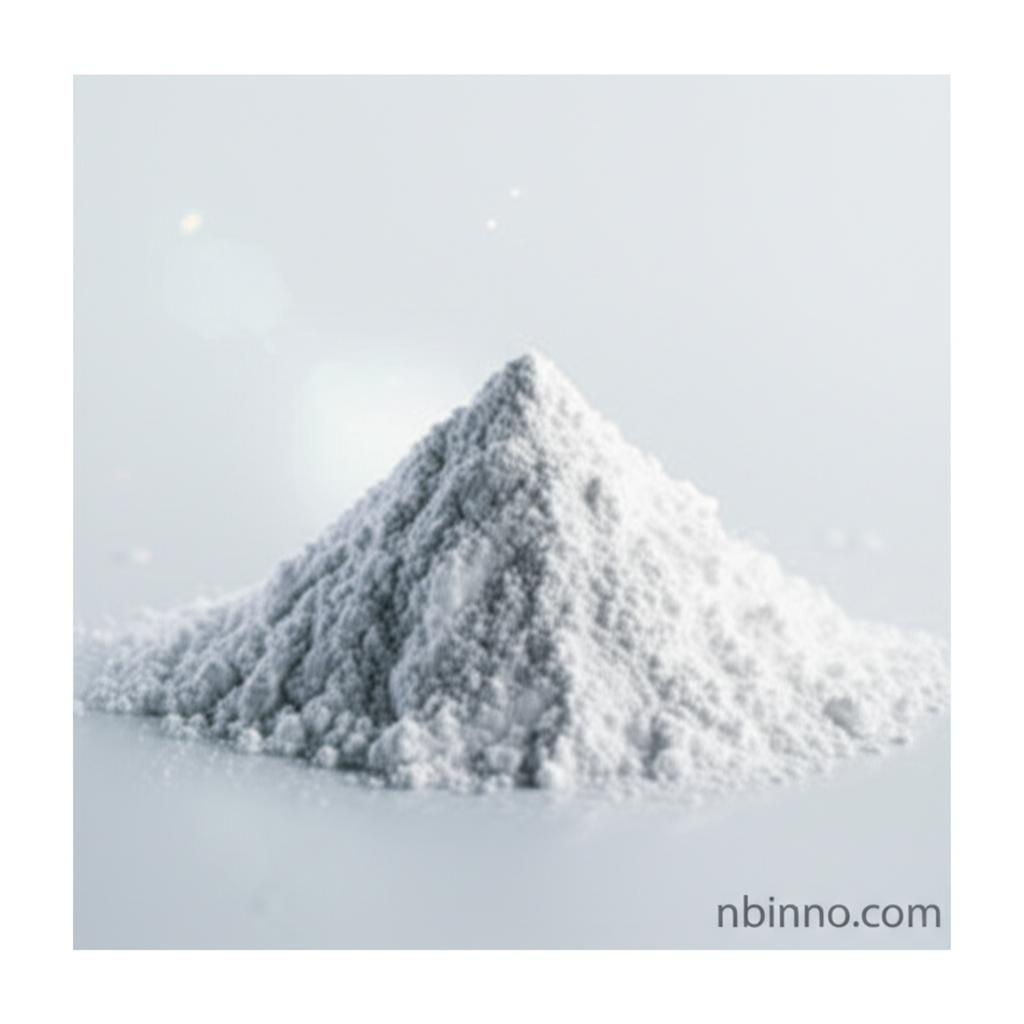Understanding Bovine Serum Albumin (BSA): Properties, Applications, and Significance in Scientific Research
Discover the indispensable role of Bovine Serum Albumin (BSA) in modern laboratory practices and scientific discovery.
Get a Quote & SampleProduct Core Value

Bovine Serum Albumin
Bovine Serum Albumin (BSA), often referred to as Fraction V, is a highly versatile protein derived from bovine blood plasma. Its widespread use stems from its consistent quality, cost-effectiveness, and diverse functionalities that support a multitude of scientific applications. BSA is essential in various biochemical experiments, acting as a reliable protein concentration standard and a crucial blocking agent.
- As a reliable protein concentration standard, BSA provides a benchmark for quantifying protein levels in experiments, ensuring accurate results in assays like the Bradford protein assay.
- Its efficacy as a blocking agent is vital in techniques such as ELISA and immunohistochemistry, where it minimizes non-specific binding of antibodies, thereby enhancing signal specificity and reducing background noise.
- In cell and microbial culture, BSA serves as a valuable nutrient, supporting cell growth and viability, particularly in serum-free media formulations.
- BSA also plays a critical role in molecular biology applications by stabilizing enzymes during DNA restriction digests, preventing enzyme adhesion to reaction vessels and ensuring optimal enzymatic activity.
Advantages Offered by Bovine Serum Albumin
Enhanced Assay Accuracy
Utilizing BSA as a protein standard ensures precise quantification of proteins in your experiments, a key aspect of molecular biology research.
Improved Specificity in Immunoassays
The blocking capabilities of BSA significantly reduce non-specific binding, leading to clearer and more reliable results in techniques like ELISA.
Versatile Cell Culture Support
BSA acts as a crucial nutrient in cell culture, supporting robust cell growth and maintaining cellular health, especially in specialized media.
Key Applications
Cell Culture
BSA is frequently used as a nutrient and stabilizer in cell and microbial cultures, supporting optimal growth conditions.
Protein Assays
It serves as a standard for protein quantification, essential for experiments in protein biochemistry.
Immunodetection Techniques
BSA acts as a blocking agent in ELISAs, Western blots, and immunohistochemistry to prevent non-specific antibody binding.
Molecular Biology
Used to stabilize enzymes during DNA restriction digests, ensuring the efficiency of molecular manipulations.
